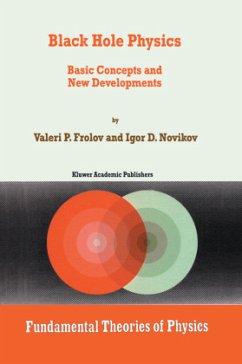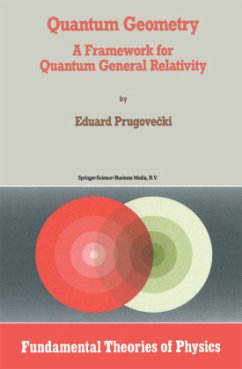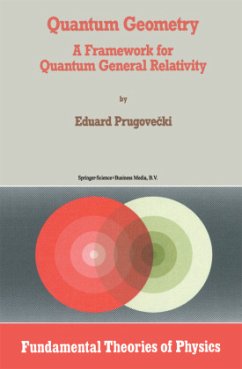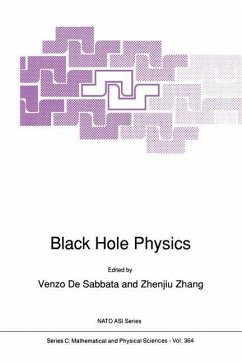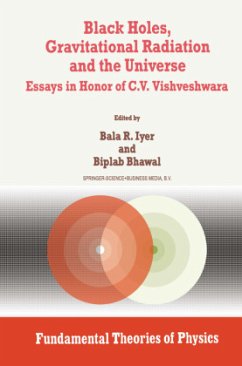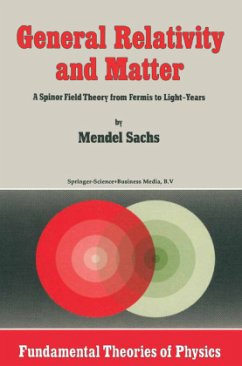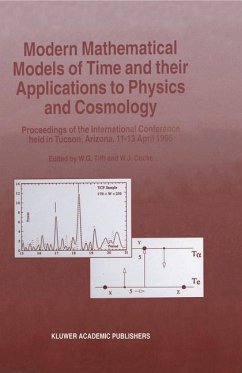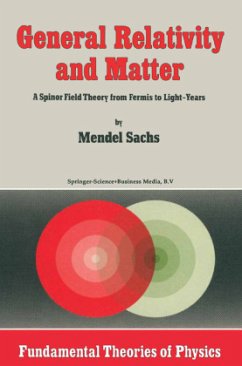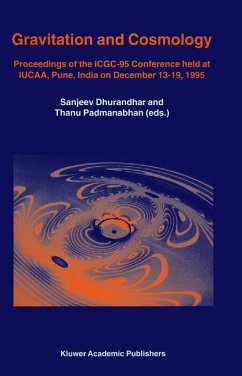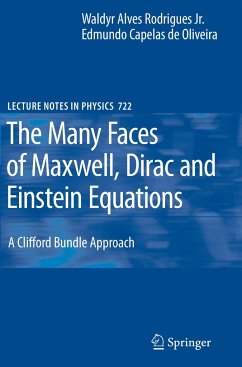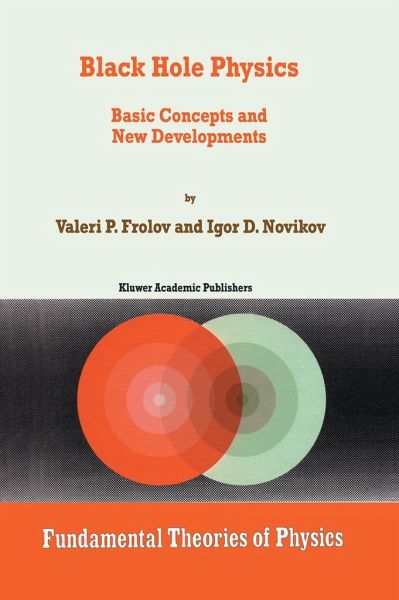
Black Hole Physics
Basic Concepts and New Developments
Versandkostenfrei!
Versandfertig in 1-2 Wochen
231,99 €
inkl. MwSt.
Weitere Ausgaben:

PAYBACK Punkte
116 °P sammeln!
It is not an exaggeration to say that one of the most exciting predictions of Einstein's theory of gravitation is that there may exist "black holes": putative objects whose gravitational fields are so strong that no physical bodies or signals can break free of their pull and escape. The proof that black holes do exist, and an analysis of their properties, would have a significance going far beyond astrophysics. Indeed, what is involved is not just the discovery of yet another even if extremely remarkable, astro physical object, but a test of the correctness of our understanding of the properti...
It is not an exaggeration to say that one of the most exciting predictions of Einstein's theory of gravitation is that there may exist "black holes": putative objects whose gravitational fields are so strong that no physical bodies or signals can break free of their pull and escape. The proof that black holes do exist, and an analysis of their properties, would have a significance going far beyond astrophysics. Indeed, what is involved is not just the discovery of yet another even if extremely remarkable, astro physical object, but a test of the correctness of our understanding of the properties of space and time in extremely strong gravitational fields. Theoretical research into the properties of black holes, and into the possible corol laries of the hypothesis that they exist, has been carried out with special vigor since the beginning of the 1970's. In addition to those specific features of black holes that are important for the interpretation of their possible astrophysical manifestations, the theory has revealed a number of unexpected characteristics of physical interactions involving black holes. By the middle of the 1980's a fairly detailed understanding had been achieved of the properties of the black holes, their possible astrophysical manifestations, and the specifics of the various physical processes involved. Even though a completely reliable detection of a black hole had not yet been made at that time, several objects among those scrutinized by astrophysicists were considered as strong candidates to be confirmed as being black holes.





